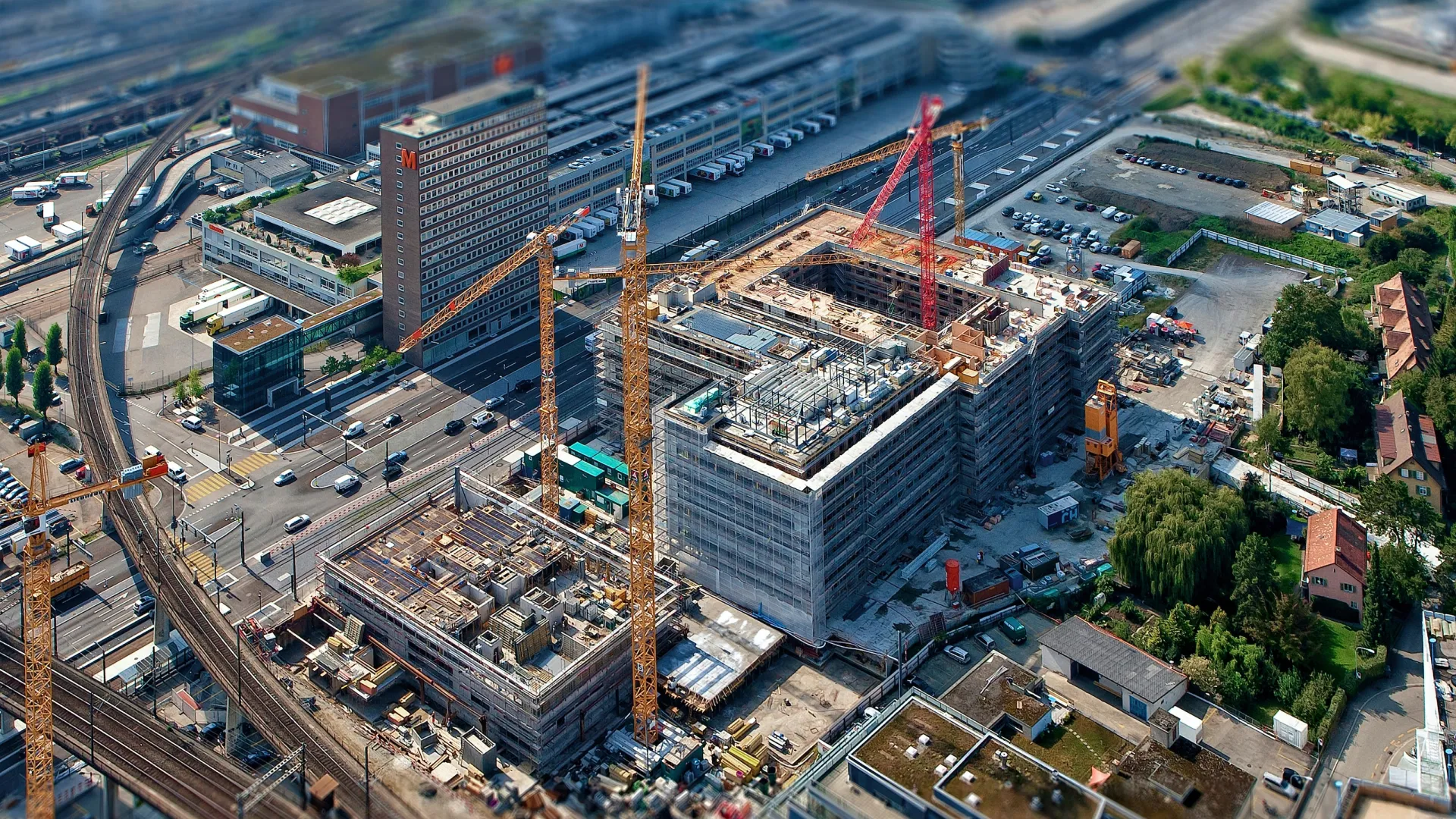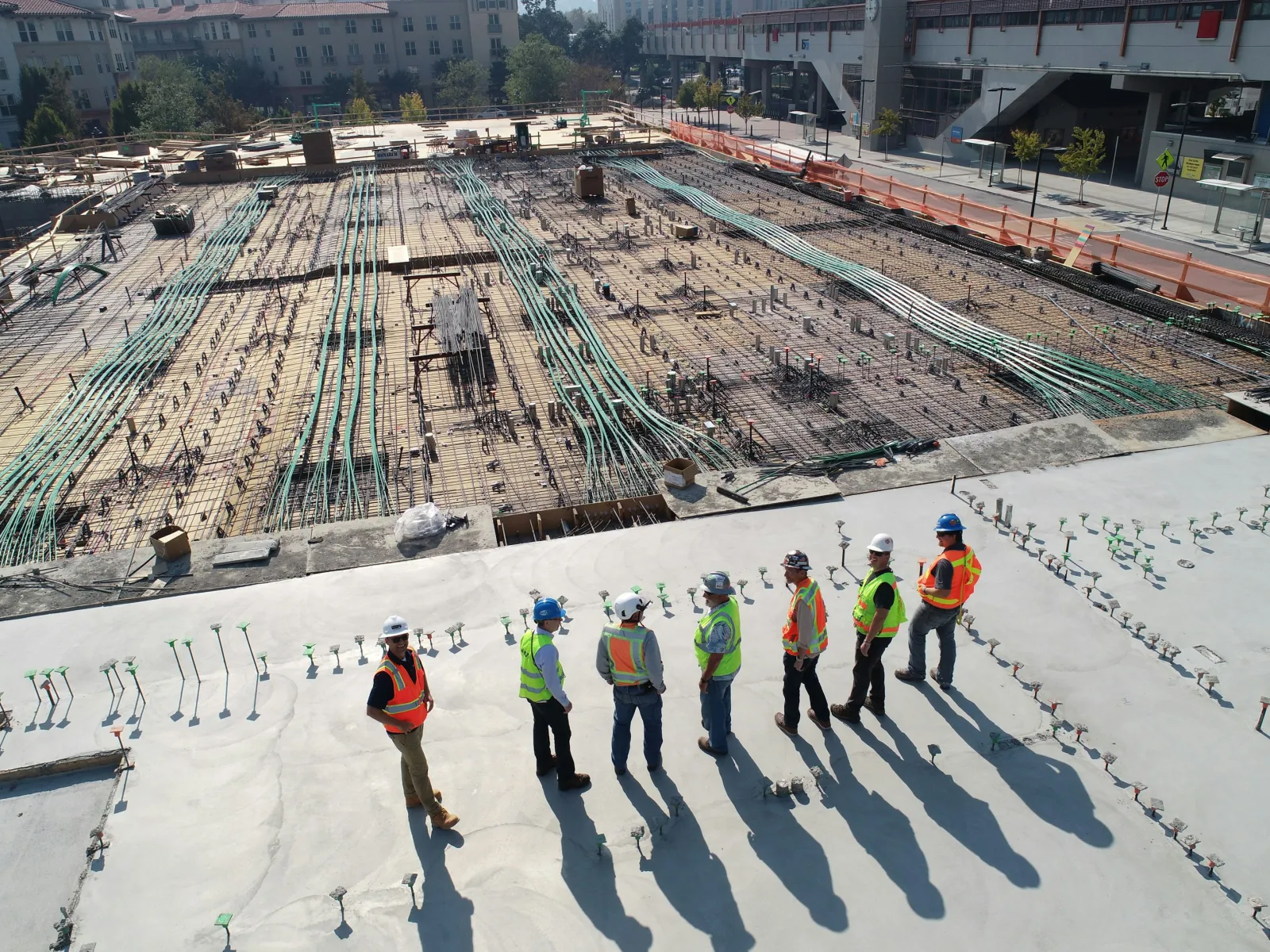
New York State Prevailing Wage and Public Works Regulations
eMars provides certified payroll and compliance solutions tailored primarily for federal projects and select state jurisdictions. While many agencies accept the standard WH-347 form, some states will require their own form. For questions about supported jurisdictions, please contact our team directly.
Components of Wage Determinations
Both federal and state prevailing wage determinations in New York include:
- Basic Hourly Rate: The minimum wage paid to workers based on their job classification.
- Fringe Benefits: Additional non-wage compensation such as health insurance, pension contributions, and paid leave.
- Total Hourly Rate: The sum of the basic hourly rate and fringe benefits. If a contractor does not provide fringe benefits, the entire amount must be paid as wages.
For instance, if the basic hourly rate is $35 and fringe benefits total $10, the worker must receive $45 per hour either as a combination of wages and benefits or entirely as wages.
Compliance for Contractors and Subcontractors
Contractors and subcontractors working on public works projects in New York must:
Determine Applicable Wage Rates
Determine Applicable Wage Rates
Submit Certified Payroll
Submit Certified Payroll
Fringe Benefits
Fringe Benefits
Post Wage Rates On-Site
Post Wage Rates On-Site
Recordkeeping
Recordkeeping
Penalties for Non-Compliance
New York imposes severe penalties for contractors that fail to comply with prevailing wage laws, including:
-
Payment of Back Wages: Contractors must pay the difference between wages paid and the prevailing wage rate.
-
Fines: Contractors may be fined up to 25% of underpaid wages.
-
Debarment: Repeat offenders can be barred from bidding on public works projects for up to five years.
-
Criminal Charges: Contractors may face criminal charges in cases of willful violation.

Unique Aspects of New York's Prevailing Wage System
- Broad Scope: Unlike some states, New York's previous wage law covers many public works, including building service contracts.
- Prevailing Wage Supplements: New York allows contractors to use "supplements" (e.g., "lth insurance, retirement) as part of the total wage determination.
- Local Laws: Some cities and counties, such as New York City, may impose additional wage and benefit requirements beyond state law.
- Debarment and Criminal Penalties: New York enforces stringent penalties for non-compliance, including potential criminal charges for willful violators.

Relevant Resources
- U.S. Department of Labor Wage Determinations Online (WDOL)
- New York State Department of Labor (NYSDOL) Prevailing Wage Page
- New York Labor Law, Articles 8 and 9
- Annual Wage Survey Forms
For the most accurate and current information on prevailing wage requirements, consult the U.S. Department of Labor or your state's official labor website.
New York Prevailing Wage FAQs
What is prevailing wage?
The prevailing wage is a base pay rate established by State and Federal law to ensure that all construction workers engaged in public works projects are paid adequately for the craft they are working in. It is a combination of an hourly pay rate plus fringe benefits. Payment of the prevailing wage ensures that contractors will hire qualified workers and the City will therefore receive quality work.
What about apprentices?
State law requires that apprentices be employed on all public works projects. If no apprentices are available or the work is not in an apprenticeable craft, proper documentation must be submitted to indicate this. All apprentices must be in a State approved program and must be in an appropriate ratio to the hours worked by the of journeymen present. If the project has federal funding, apprentices must be in a federally approved program.
Who is subject to receiving prevailing wages?
All construction personnel working on a publicly-funded project must receive prevailing wages.
Do workers have to be in a union to receive prevailing wages?
No, any worker who performed work for a public project covered by either the Comptroller's schedules in New York City or the Commissioner's schedules in New York State has to be paid prevailing wage rates.

